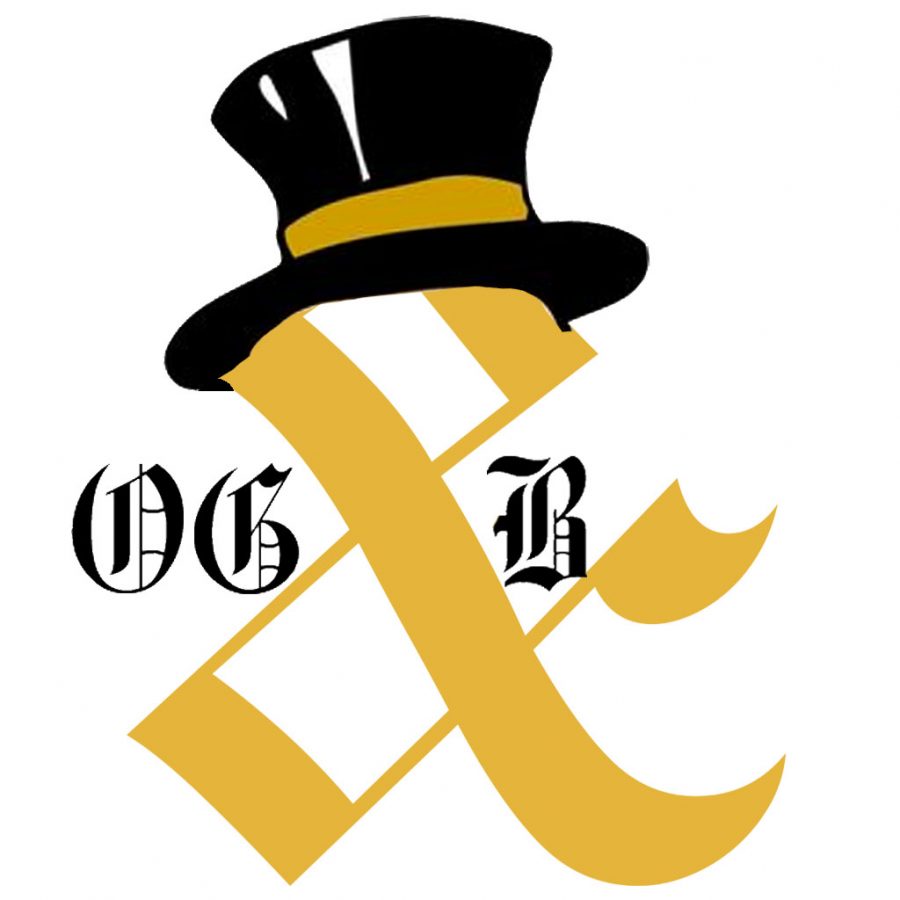With the recent passing of Harper Lee, the famed author of To Kill a Mockingbird, the Editorial Board of the Old Gold & Black would like to recognize her contributions to English literature.
According to research composed by The Center for Learning and Teaching of Literature, To Kill a Mockingbird is one of the top 10 most-taught books in high school English courses.
However, sadly Lee’s To Kill a Mockingbird is the only book-length text by a female author represented on this list, and the same research found that the only other text by a female author commonly required in public high school English courses is Anne Frank’s Diary of a Young Girl. Furthermore, the research found that in Catholic High Schools and Independent Schools, no work by a female author cracks into the list of the top ten most-taught texts.
Although the average introductory British or American literature course in college represents a few more female voices in their syllabi, the number of texts by male authors vastly outnumber that of female authors.
We believe that English courses should explore the texts of more female authors, texts which provide a perspective and mastery of language the likes of which most students have never seen before.
This stance has shown to be controversial since the study of English literature in universities began in the early 19th century. Defenders of the most-cherished works of English literature, or the “canon,” would argue that texts taught in English classes are those most significant to the establishment of a British or American culture — texts that were written typically by the influential and well-educated noblemen of the day. So, as the argument goes, these texts were written by men because their education and class just so happened to give them the means to do so.
Contrarily, women were writing at the same time, and their voices were subdued because a life of writing was considered a man’s life. In the 20th century, historians and literary critics “uncovered” what was right below their noses all along: a collection of valuable works written by female authors that were either unpublished or unappreciated in their day.
One example of these unpublished authors was Emily Dickinson, whose poetry challenged the convention of the times and was therefore considered by publishers as “wrong” and “too progressive.” Her work is now a major influence on modern poetry, and many consider Dickinson as one of the greatest poets of the 19th century.
Even works by female authors such as Jane Austen, Charlotte Brontë and Harriet Beecher-Stowe — who gained popularity in their day — still go under-appreciated due to their lack of representation in high school classrooms.
Lee reminds us of the value of these works and the voices that they bring to life. Her character and the narrator of To Kill a Mockingbird, Scout, says “I think there’s just one kind of folks. Folks.” This line sums up the major themes of the novel, themes that never lose their importance even as time passes.
Scout reminds us of our common humanity and the rightness of equality between all races, religions and genders. It is an equality that should ensure that the names of Lee and Dickinson remain as cherished as the names of F. Scott Fitzgerald and Mark Twain for now and for as long as schools teach English literature.




